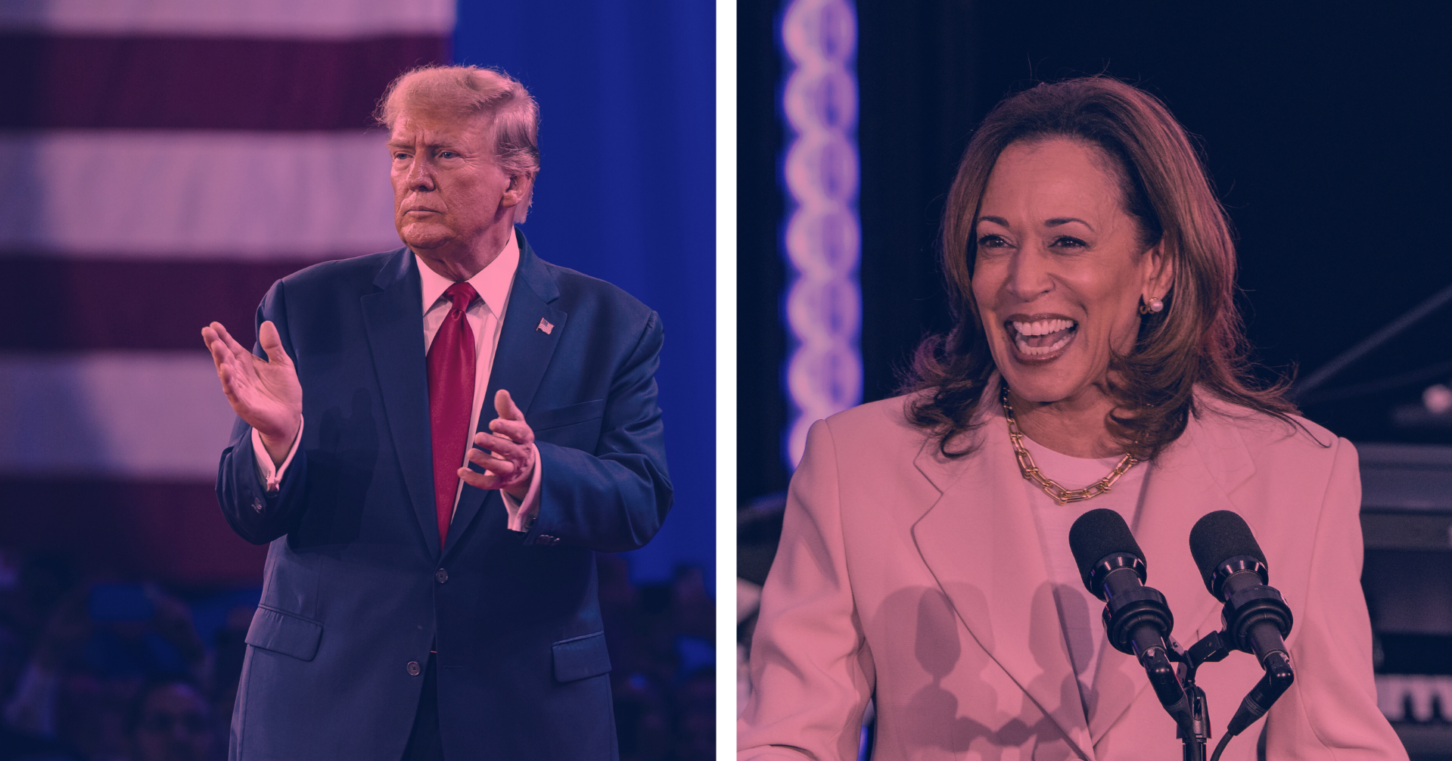
The conversations you never anticipated can be some of the most challenging. They also, I learned the other day, can be the most rewarding.
This particular dialogue didn’t begin with much promise. It only happened because no one came to a community event where I was scheduled to speak.
I don’t mean “not many” came, or “fewer than we expected.” I mean not one single person showed up who wasn’t part of the program.
That left a half-dozen of us, the would-be speakers, to sit around uncomfortably until it felt like we’d waited long enough to abandon the (ahem) gathering.
Instead, one of the six asked the rest of us a question. And we discussed it far longer than the event would have lasted.
The question was prompted by a statement on a pamphlet that another person, representing a different organization, had brought. The statement had to do with the role of the federal government in K-12 education. That organization believes it is best left to state governments and local communities. The questioner disagreed, to put it mildly.
For the next couple of hours, we debated. It was respectful, but don’t get me wrong: No one sugar-coated anything. It was back-and-forth. It was passionate and deeply felt.
We talked about race, class and our society’s fraught history with both. We talked about DEI and transgenderism. We talked about money. We talked about culture. We talked about our personal experiences. We talked about the politics of it all.
It often felt like we were on a knife’s edge, as if one errant word or misjudged phrase could send the whole thing in an ugly direction.
I think that feeling was in part because we see so much of it in our society. We are conditioned to expect outbursts and outrage.
While some people feed off that, others take it as a reason not to engage. Better to stay silent than risk saying something that offends or alienates, they believe.
But that doesn’t make anything better. Arguably it makes things worse, as disagreements metastasize into resentments.
If it feels like we’re a 50-50 nation on the brink of rupture, it’s not because we talk too much about what divides us. It’s because we are too inclined to talk only with those who agree with us.
Arthur Brooks, a former think tank president who as an academic has done a great deal of research about happiness, says the problem is not that we are angry with each other, but that we’ve developed a “culture of contempt” toward one another.
You see this reflected most clearly in our politics. Whichever side you take, the “other side” is not just wrong, but evil; not just evil, but an existential threat.
Brooks says the solution is not to disagree less, but to disagree better.
“Disagreement is good, because competition is good,” Brooks said in a 2019 speech at Brigham Young University. “It makes us sharp and strong, whether in sports, in politics, in economics, or in the world of ideas.”
Disagreeing well also forces us to truly understand the other person’s position.
I realized later that that’s what happened over the course of our education debate. Being challenged on our beliefs made each of us work harder to express them better – and where we realized we were hitting a dead end, to concede the point. While none of us changed our minds completely, we all gave ground here and there.
More importantly, everyone seemed to understand one another better than when we started.
We’re in the middle of an election season, and I hear lots of worry about what will happen when it ends. Only one person can win each race, and the overheated rhetoric from both parties means the losing side is bound to feel despair.
And yes, the issues at stake are important, and the viewpoints on them are often far apart. I’m not telling you we agree more than we realize. I’m telling you we’d get along better if we disagreed better.